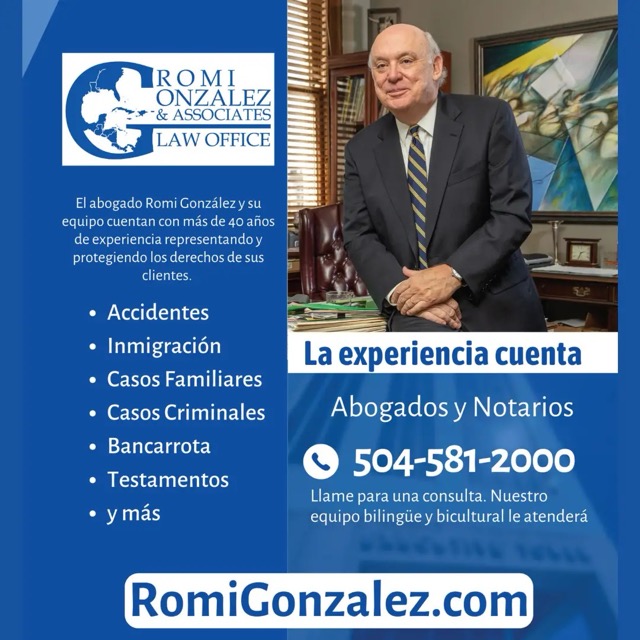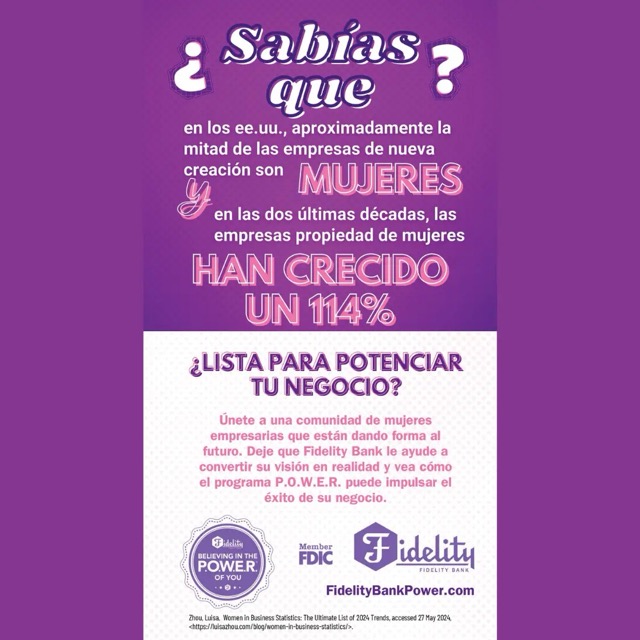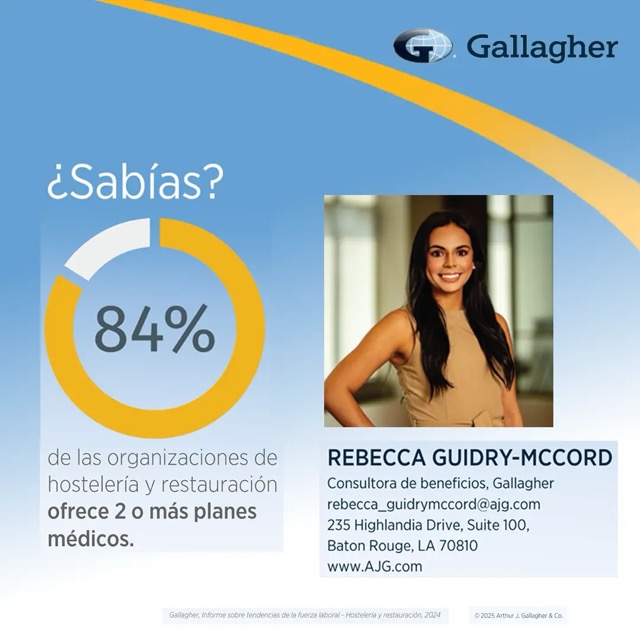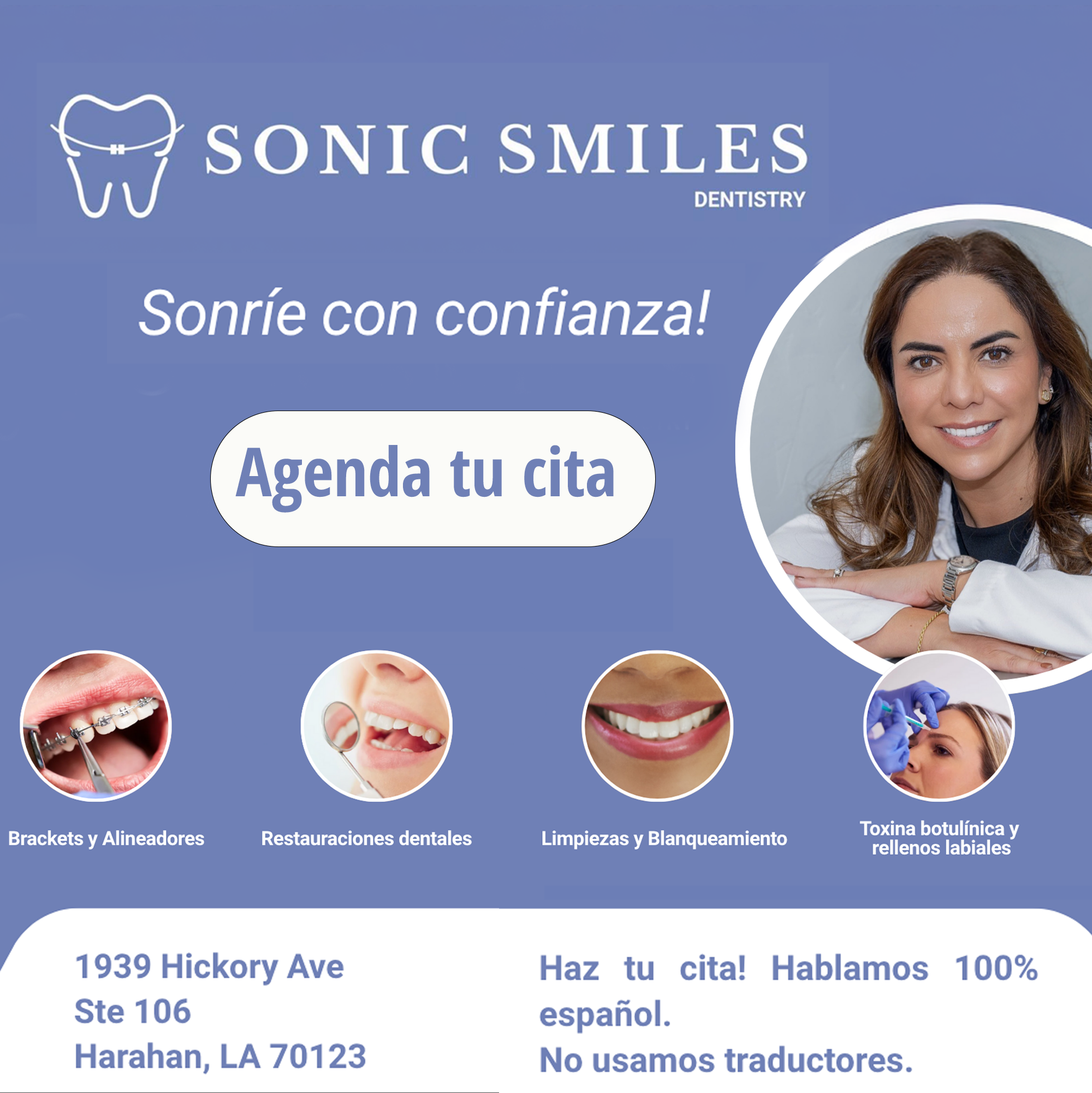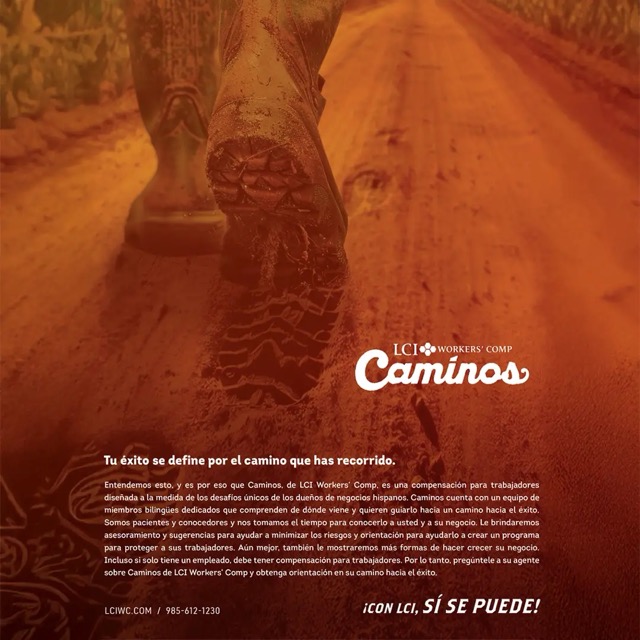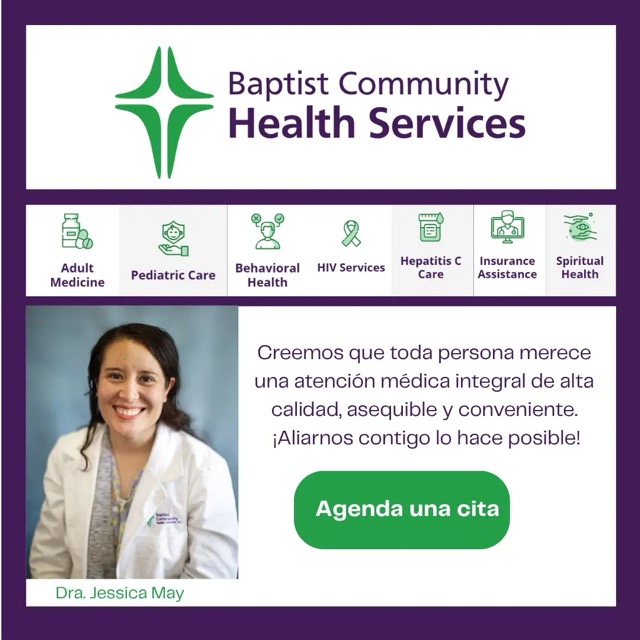“Bronchiolitis in my baby’s daycare …What is that?”
By Arturo Gastanaduy
A & G Pediatrics
Click aqui para español- >Bronquiolitis en la guardería de mi bebé” …¿Qué es eso
Bronchiolitis is the inflammation of the bronchioles which are the smallest airways of the lungs. This inflammation is caused mainly by a Respiratory Syncytial Virus (RSV). RSV is so highly contagious that everyone has been infected before reaching two years of age. Typical outbreaks of RSV occur yearly between November and April.
Most of the illnesses associated with RSV are mild to moderate, but the disease is more severe in infants and adults over 65 years of age. RSV causes 2 million outpatient visits and 60,000 hospitalizations per year in children and 177,000 hospitalizations and 14,000 deaths in senior citizens.
The illness begins with runny nose followed by sneezing, cough, congestion, fever, fast respiration and wheezing. By the third to fifth day of illness, children present difficulties while breathing, chest retractions, irritability and problems with eating and sleeping. Frightening periods of stopping breathing may occur. The length of the illness duration is about two weeks and it resolves spontaneously. Breast fed babies have milder disease.
{module ad}
Severe disease occurs more commonly in younger infants, premature or low-birth weight babies, and those with chronic lung or heart disease, neuromuscular disorders and immunosuppression. Common complications include viral pneumonia and ear infections and there is some association of RSV with the development of asthma.
Diagnosis can be made based on symptoms and the time of the year and can be confirmed with a nose swab sample test. There is not routinely used specific treatment for RSV infections. Therefore, supportive treatment is recommended with frequent nasal saline drops and nose suction, encouraging fluid intake, and fever control. Very sick patients may require intravenous fluids, and oxygen in hospital. Ribavirin aerosol can be used for high-risk hospitalized patients.
Infection does not produce immunity. Multiple re-infections are the rule, producing common-cold-like illness. There is no vaccine for RSV but monthly injections of RSV antibodies (Palivizumab) during the RSV season are available for high risk infants.
You could decrease the chances of RSV in your children by avoiding contact with sick people and practicing good hygiene with frequent hand washing.










